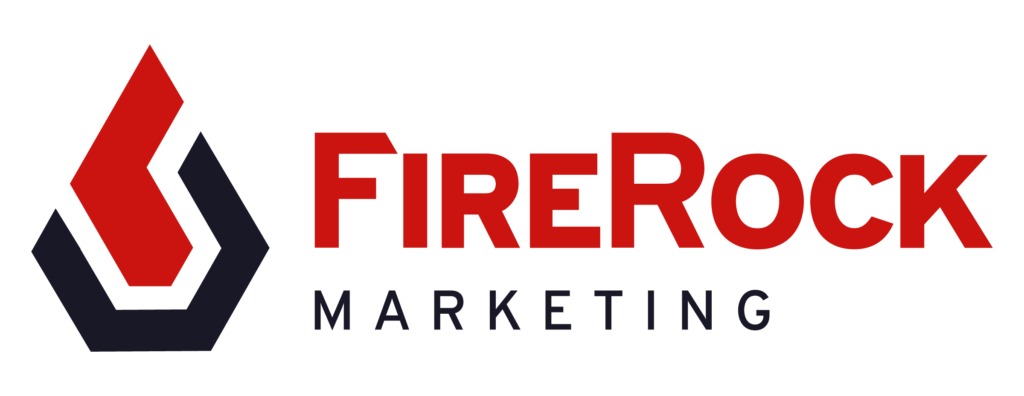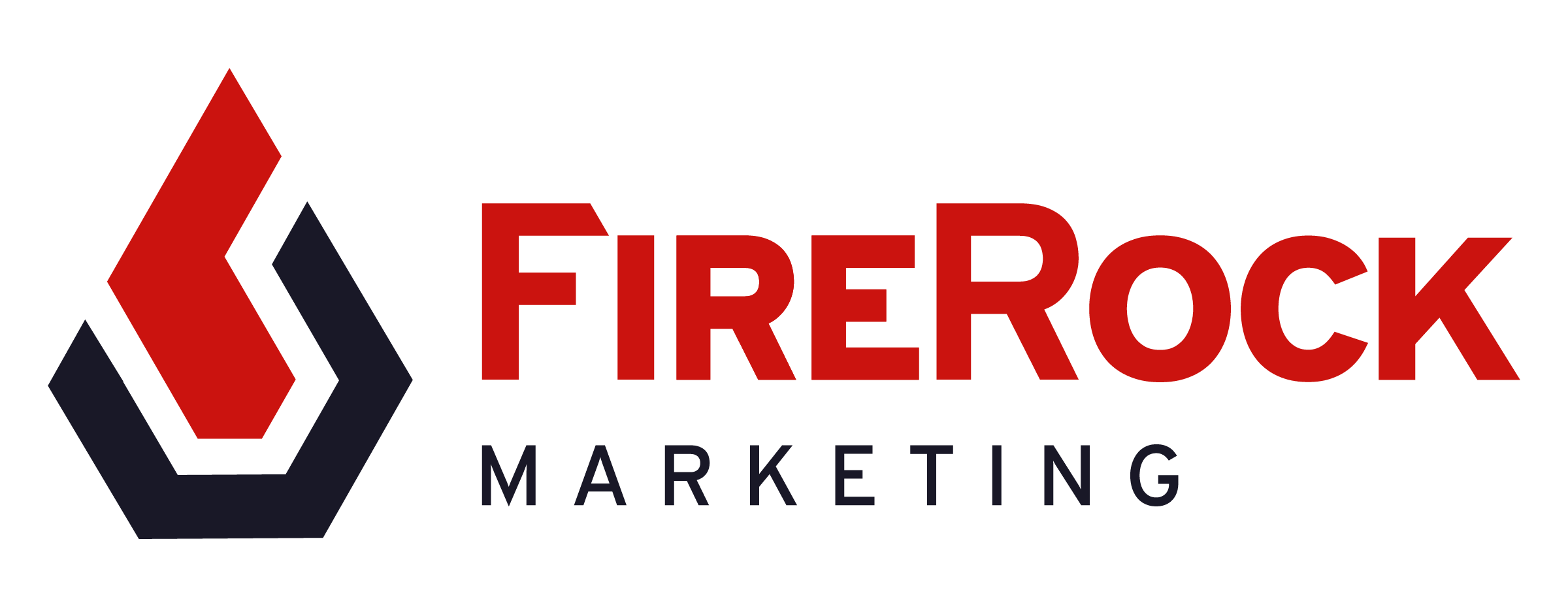SEO (Search Engine Optimization) is a Powerful tool!
Key Fact: An estimated 89% of consumers begin their buying process with an online search for information.
As a business owner, chances are you have seen or heard references to SEO. Search Engine Optimization (SEO) is the marketing discipline focused creating content in the form of web sites, videos, and listings to generate traffic from the “free organic” search results. Search engines like Google, Bing and Yahoo are in the business of finding relevant results for us looking for something. The better they are at pulling relevant, credible sites to the top of the list the more we value them. These search results are compiled based on unique content rich with keywords and ranked on local relevance.
Complicated?
Unfortunately, many small business owners view SEO as a mysterious dark art – making it difficult to find a starting point or developing a plan to execute. While it is true that SEO takes effort and time, a well-developed strategic plan and an understanding a path forward can provide a high return on investment. And, while business owners don’t have to become SEO experts, they do need to build a basic understanding of how it works and be an active participant in the process.
Having your website at the top of the organic search results is the place to be and will deliver results. You don’t pay the search engine to be at the top of the results, you have to earn it. SEO is designed to reward high quality content and make it easier to find. The defining point is quality content that helps customers answer the particular question or need they have with information.
Search Engines, Friend or Foe?
The search engines algorithms are intended to reward good content and punish spam. From time to time it may feel like it is arbitrary and unfair but in the end you have to play by the algorithms rules. So, if you can use SEO to increase your visibility and ultimately sales we had better get started. There are 4 key areas to work on we have provided some background and checklists for any small business that is ready to get going!
First, RESEARCH!
 Now, I am sure that is not what you were expecting nor does it make you say “Yahoo!”. But before you can fully execute your SEO plan for your small business you need to dive into research. There are four main components of Research that you need to develop.
Now, I am sure that is not what you were expecting nor does it make you say “Yahoo!”. But before you can fully execute your SEO plan for your small business you need to dive into research. There are four main components of Research that you need to develop.
Market or Industry Research:
Market research helps you identify and analyze the market need, market size and overall customer sentiment providing in-depth insight into what’s happening in your industry.
Niche Research:
Niche Research is part of your Market Research; this is where you look for a specialized part of your industry to target. This provides further direction for products or services that you can focus on to meet a specific unmet need in the marketplace. This research is very important to find specific local terms and keywords that will allow you to get on the first page of Google. Finding an underserved market can be a fantastic boost in sales and ranking in a particular area.
 Competitive Research:
Competitive Research:
Competitor Research is a hard look at your competitor’s strengths and weaknesses. This analysis helps you understand where potential opportunities and threats exist for your business. Systematically building a profile of your most relevant competitors to drive strategies and tactics that position your products and services optimally against your competition. Getting to know your competitors has never been easier. Seeing what they are doing and not doing online gives you incredible insight into their business. The key is to create a format (excel spreadsheet) that you can constantly update to be able to keep track of keywords, SEO efforts and promotions.
Keyword Research:
Here is where you start to put a fine point on your research. As we discussed, competitive analysis can also yield a lot of keywords that go unrecognized in your approach to your business. Google’s Keyword Planner is a great place to start to compile a list of potential keywords and see the relative, search volume, competitiveness and cost per click if you decide to advertise with AdWords (Google’s pay per click advertising). At this point you gain a better understanding how your customers look for the product and services you offer. Most of all, how to be in front of them when they are making their buying decisions.
Connect the Dots:
It’s time to take everything you have found and start to connect all of the information into a cohesive story. You should be able to look at your business’s strengths and weaknesses and where the greatest opportunities exist. Now putting this research to work is the key to online SEO and developing a comprehensive communication plan together.
Google’s Webmaster Tools:
This is a great resource to check to see if there are errors or broken links on your website. It can also point you to where improvements and optimizations can be put into place.
Second, On-Page SEO:
93% of all online experiences start with the use of a search engine and Google owns 70% of the search engine market. So it makes sense to play by their rules, most notably because they make the rules that most other search engines will ultimately use.
On-site SEO, is critical to getting on the first page of Google for specific keywords and phrases that you have identified through your research. Google crawls your website and will rank your pages and content based on a specific set of criteria. These criteria are part of the SEO algorithm and maybe are not all transparent, so the top 4 are listed below.
- Unique Page Title: Your page title and description define your content. Make your keyword as close the title as possible and if at all possible start off your title with the keyword. This will give your page a big vote from the search engine and will help you rank higher. The title should be descriptive and should be between 55 and 60 characters long.
- Keywords: This is where you put your research into action. Your URL, META Description and Image ALT Tags should all include your keyword and match your Title Page. This may seem a little complicated due to all the new temrs but after you have completed it once it is really simple. You also want to make sure that you are including your keywords in your content. Don’t overdo it. There is a balance of including the right amount of keywords and phrases and then overwhelming the reader with unneeded stuffing.
- GREAT Content: Everyone talks about “great content” but what does that really mean? It boils down to meeting the following criteria:
- Unique and relevant to your target market.
- Does not duplicate other content on similar sites.
- Has quality outbound links to authoritative resources.
- Internal links to additional on-site resources and content.
- Consumable content that can be easily read and referenced.
- Site Performance: Is your site mobile friendly with good loading speed? You as a consumer know that if the site you click on takes forever to load or you can’t see it on your mobile device you are moving on. Remember anything that frustrates you as a consumer most likely wills turn-off your potential customers. Use Google PageSpeed Insights to test your friendliness.
Third, Off-Page SEO:
This is all of the activity that you and your team do outside of your site to raise the ranking in the search engine results. Link building comes to the top of the list when off-page SEO is mentioned and yet there is a lot more to it than that.
A lot of activities that don’t produce a standard link are valuable off-page optimization tactics.
Link building is about interacting with relevant content and experts to deliver value on your site.
 Below are a few key considerations:
Below are a few key considerations:
- Build links to quality outside content
- Build links with different anchor text. Don’t keep linking to the same text.
- Mix up your keywords and anchor text.
- Use your keywords strategically and use long tailed keywords that are part of your plan.
- Pace yourself. Have a plan in place and work the plan. Because too much, too fast raises red flags.
- Be consistent. You will start to see success and you have to keep at it.
- You’re the best judge. Would you click on it if you came across it?
SEO is here to stay!
There are many components of a successful online business strategy. Furthermore, as you create a plan and start to develop some traction it will be additive. As a result, you will fuel your business’s success. It will be the difference between you and your competitors and start to separation in your marketplace. Boston SEO is worth the work and can be simplified with process and a systematic approach.
Need help with your SEO? We are here for you! Contact us today. (781) 783-4544or ryanesco@firerockmarketing.com
[gravityform id=”7″ title=”true” description=”true”]

